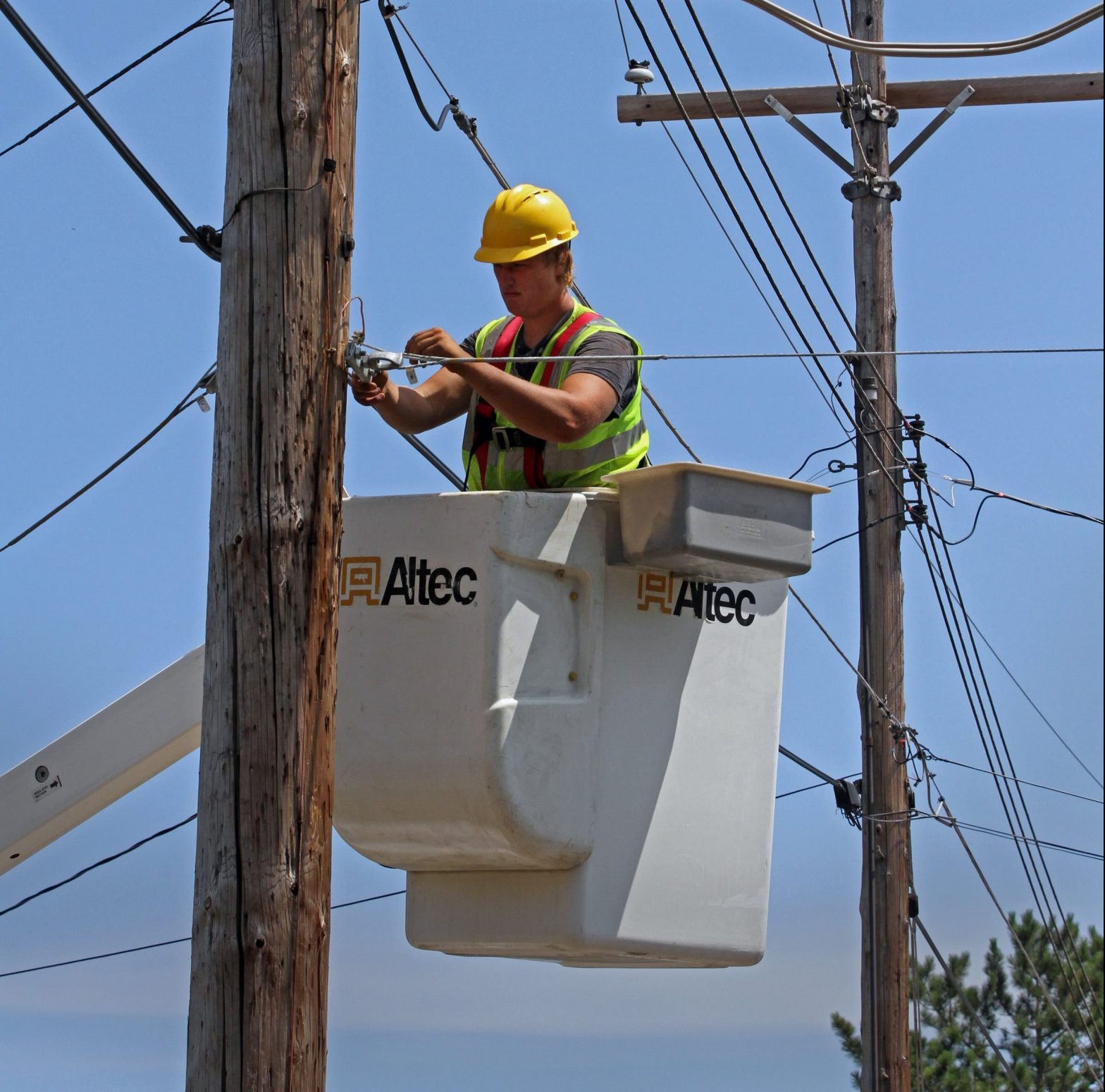Digital Divide Still Widening Former FCC Commissioners Claim

A panel representing the last five decades of Federal Communications Commission leadership took the helm at Monday’s Multicultural, Media, Telecom and Industry Council’s FCC symposium discussing broadband for the nation.
Despite a pending $65 billion infrastructure plan to fund further broadband deployment and access, all four former FCC Chairs agreed on one thing: the digital divide is still widening. It is a challenge the FCC, along with Congress and the Biden administration, need to deal with in a creative way by bringing more than one solution to the table.
The ongoing broadband debates have been whether to focus and fund fiber optic cable deployment or prioritize wireless network deployment or satellites, but the former FCC chairs said that there is no one solution that perfectly fits every topographical or economical challenge facing communities.
Fiber deployment is critical to getting networks set up in under- or unserved areas, said former FCC Chairman Ajit Pai, but it is also critical for the FCC to focus on making as much wireless spectrum available as possible to carry the airwaves where fiber cannot reach.
This is particularly the case as the U.S. moves to a mobile wireless economy, he added, reiterating a need for “synergy” between technologies. As many industry experts have said “it is wireless until it meets the wire that leads to the core network.”
As technology changes quickly, said former FCC Chairman Bill Kennard, it is not surprising that it reaches some faster than others. But to the extent that some communities are economically and geographically deprived and “cut off from technology that they need to be full participants in society,” this “unprecedented” amount of federal funding is an opportunity for the FCC to reform programs to fit the needs of the increasing demand, he charged.
Universal subsidy programs like the FCC’s Lifeline Program, which was initially launched to provide a discount on phone service for qualifying low-income consumers, can be refitted to actually address the digital divide through this “huge direct appropriation of funds.”
“The digital divide has not been tackled completely because… there is no single-digit reason why it exists,” said former interim FCC Chairwoman Mignon Clyburn. And despite technology continuously advancing, the geographical and economical barriers still exist, she added.
But she charged that this is in part due to the “lack of interoperability” that has also fallen within the FCC, which has led to “not being able to find all the combinations and common denominators” that can work together for the same goal.
But reforming the existing subsidy programs, funding further broadband deployment, and ensuring the FCC is working across its bureaus to find complementary and technologically interoperable solutions, are not the only issues the agency needs to focus on to help those underserved communities, said former FCC Chairman Dick Wiley. How to access the digital tools available to them for universal subsidies and having some sort of digital education is vital, he said, and the National Telecommunications and Information Administration, along with Congress, need to help “educate our citizens on how to use the new online equipment and online programs.”
Echoing Wiley, Pai suggested that the agencies also look at other existing digital literacy programs, for example in precision agriculture, remote learning, telehealth or other industries outside of telecom, that can be bolstered.
“So much of our lives today depends on that digital connection…Digital opportunity really is a gateway in the 21st Century…it’s not a Republican issue or a Democratic issue,” Pai charged. “It’s simply an American issue.”
























